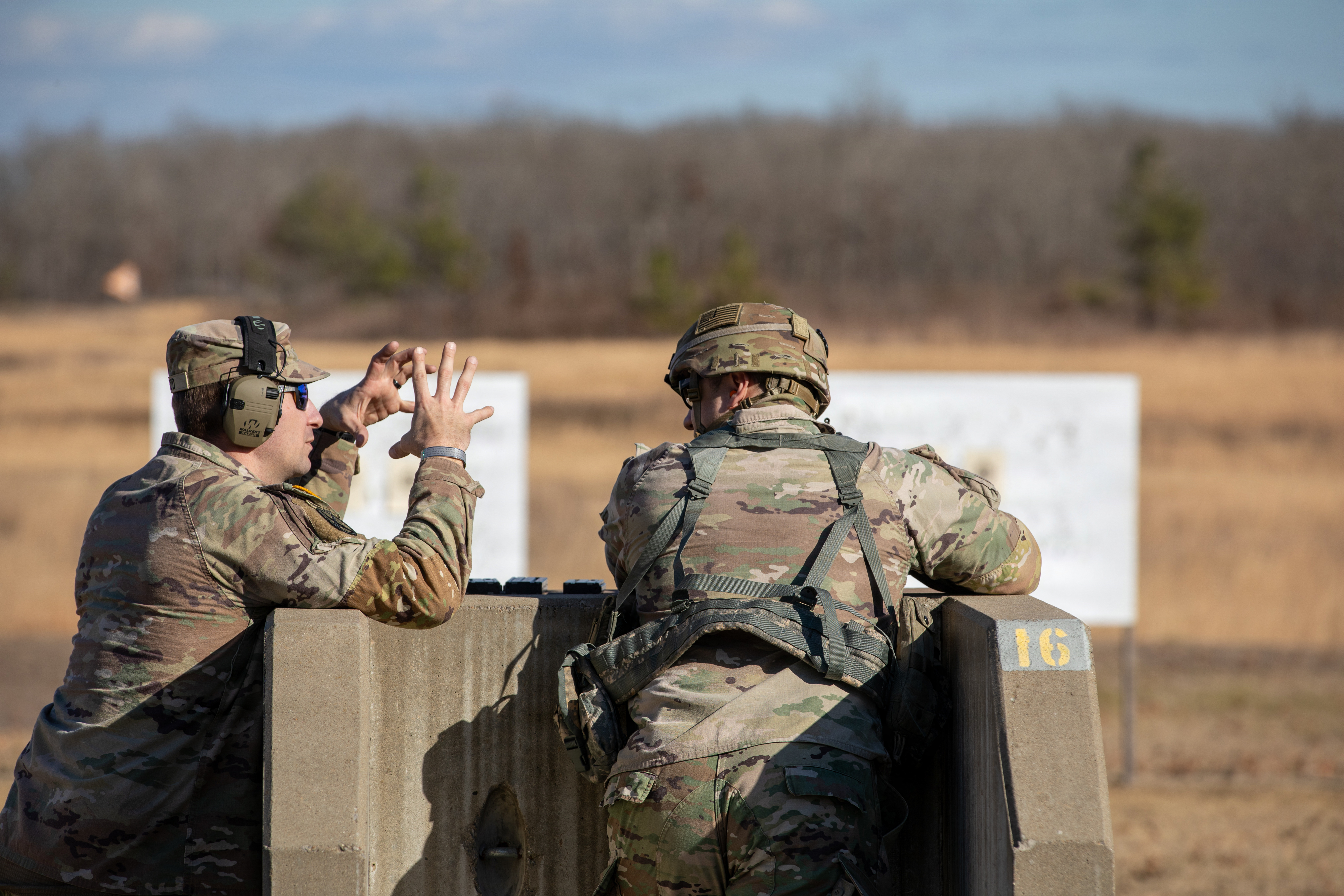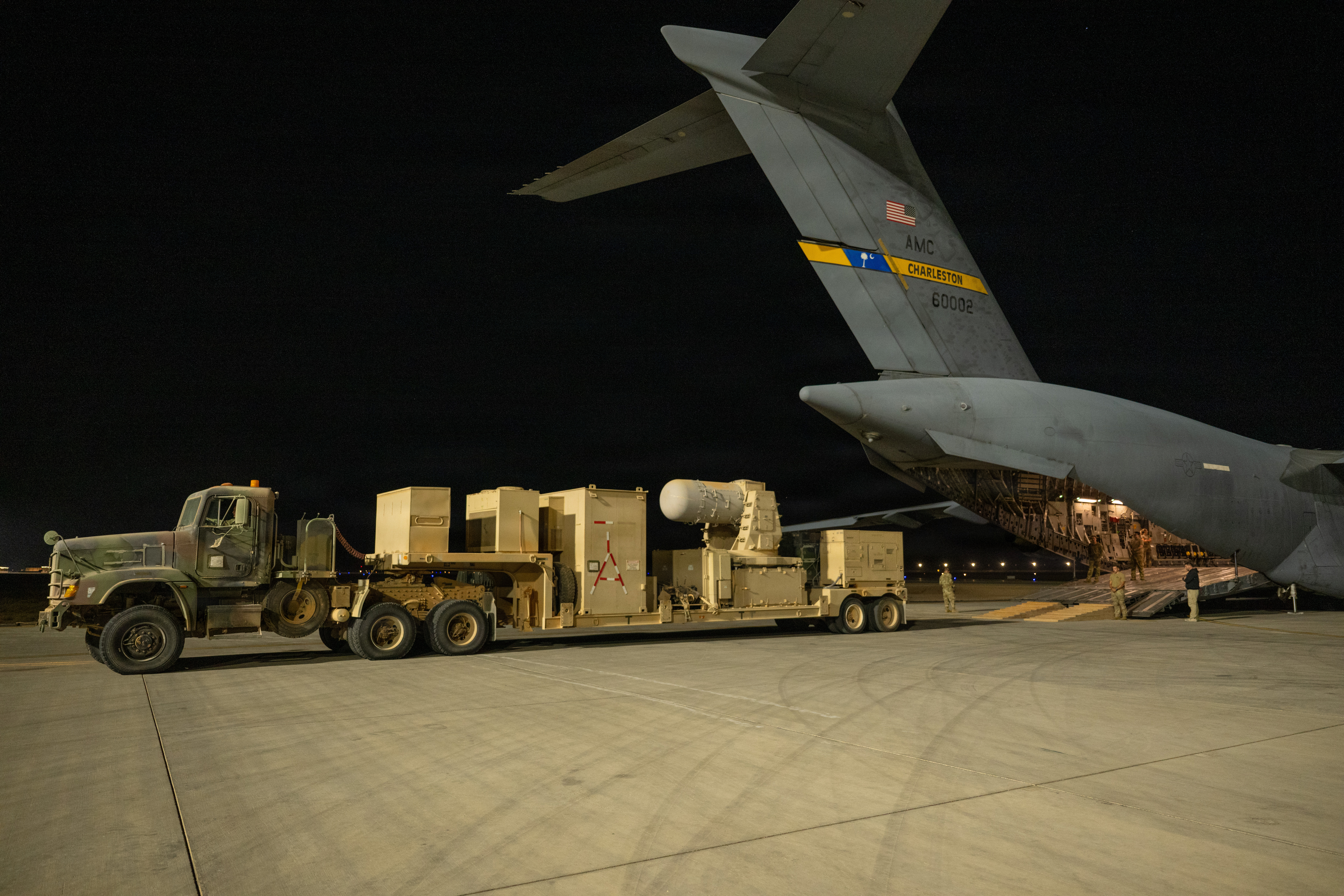The Army Must Adapt to the “iGen” – Our Future Depends On It

As the Commandant of Cadets at United States Military Academy at West Point from 2019-2021, I was honored to serve as the legal commander for the 4,400 person Corps of Cadets. Now I serve as the Commanding General for Fort Benning and the Maneuver Center of Excellence and am overall responsible for the training and leader development of Infantry and Armor Soldiers and officers. Though a parent of three daughters, these assignments immersed me in the 18–25-year-old demographic, a subset of what’s known as the “internet generation” or “iGen.”[i] The iGen was born after 1995 and shaped in both positive and negative ways by cell phones, the internet, social media, increased parental involvement, and now a pandemic. The readiness of our force, and ultimately mission success, depends on a broader understanding of this remarkable generation and adapting our leadership approach. Failure to do so could significantly decrease our ability to fight and win during multi-domain operations.[ii]
The iGen possesses many strengths, including inclusivity, critical thinking and problem-solving, multi-tasking, a knack for technology, a pronounced dislike of hypocrisy, and a genuine appreciation for transparency. However, this generation faces certain negative trends that reinforce both Army and societal challenges such as sexual harassment and assault,[iii] mental health, and suicide. In general, these trends include higher rates of depression and loneliness, lower self-confidence, less developed interpersonal skills, and fewer but longer-lasting relationships. Overprotective parents[iv] may contribute to young people unaccustomed to facing adversity on their own and a lack of experience with failure that impacts their resiliency. This can lead to slower maturation when compared to previous generations and an extension of childhood into adolescence. [v] The COVID-19 pandemic has exacerbated many of these challenges due to increased isolation, less social interaction, and more time on the internet and social media. Because of the aforementioned issues, we are likely to see even more pronounced challenges in building cohesive teams.
To address these challenges, the Army must first place greater emphasis on really understanding those we lead, reinforcing General McConville’s “People First”[vi] approach. It starts with a deeper appreciation of the iGen and their strengths and weaknesses, and then leaders must also deliberately assess at echelon how these are manifested in their units and their Soldiers. Our officer and non-commissioned officer education systems and pre-command courses must teach generational differences to better prepare leaders. Equally important, our Soldiers must understand their own generation and be better prepared to mitigate negative trends. Given that senior leaders are rarely at the points where sexual assault and suicide occur, it’s very important to educate junior soldiers and leaders (their peers) on active listening skills, healthy relationships and consent, understanding the warning signs of depression or suicide, and what assistance is available. At West Point, we implemented a peer support program that was popular and successful at getting Cadets to assistance. Similarly, a brigade commander could direct the unit’s embedded behavioral health team to provide education and training to junior leaders and Soldiers in addition to treatment. Leveraging their expertise to better educate Soldiers and junior leaders on key aspects of mental health would create a more robust peer support network to prevent harmful behaviors.
Second, the Army must re-examine our leader development process to ensure it produces experienced leaders that exude a coaching approach, especially to counseling. Given the slower maturity of the iGen, the Army should consider affording junior officers and NCOs more time to serve as leaders, which might slightly slow promotion rates in the aggregate but produce even better leaders in the long run. In order to optimize growth in subordinates, the Army must improve counseling, including the training to conduct it, clarity on the frequency of execution, and overall emphasis as a priority. In counseling, leaders should serve as coaches, accentuating questions over advice to drive subordinates to solve their own problems and take responsibility. It starts with understanding the person and their relationships, goal setting as an individual and as part of a team, and discussing performance with a specific focus on being resilient in the face of adversity and acknowledging failure and how to overcome it. Junior leaders must “train this by doing it” in role-play scenarios with active feedback. Counseling then should equate to an active, recurring, and reassuring process. The iGen craves feedback but in a way that is parental (i.e., “I want you to succeed”).
Finally, the Army must maintain and further expand its focus on building cohesive teams, which is essential to overcoming many of these negative trends. Sergeant Major of the Army Grinston’s initiative, “This is my Squad”,[vii] is a great start and requires continued emphasis. It’s human nature to want to “feel part of something, not just in something.” There is no shortage of evidence that connectedness and cohesion improves individual performance and reinforces resiliency. Key to building cohesion is doing iterative and progressively more challenging training events as a team that build mental and physical toughness. Equally important is dedicating time monthly for military and social gatherings to build unit bonds both on and off duty. The Army should likewise consider re-examining our rotational manning cycle and extend tour lengths in tactical units to support cohesion and team building.
Critics will say the Army has done just fine navigating the complexities of previous generations and that the iGen isn’t unique, arguing there’s no need to adjust. But this view ignores the rising tide of data on the iGen and would not be in line with our requirement to adjust our leadership to those we lead. The Army is renowned for its ability to innovate, and we must do so now in the human dimension.
In the end, the readiness of our force, and ultimately mission success, is dependent on understanding those we lead and adapting our leadership approach accordingly. The iGen is an incredibly impressive generation with unlimited potential, and we owe them the absolute best leadership. Duke basketball coach Mike Krzyzewski frequently attributes his success over 40 years to adjusting and tailoring his leadership to his team and each generation. We owe this generation the same. In return, they will excel as leaders and ensure our national security for years to come.
————————————————————————————————————————————–
Major General Curtis A. Buzzard is the Commanding General, United States Army Maneuver Center of Excellence and Fort Benning, Fort Benning, Georgia.
[i] Jean M. Twenge, PhD, iGen: Why Today’s Super-Connected Kids Are Growing Up Less Rebellious, More Tolerant, Less Happy – and Completely Unprepared for Adulthood. (New York, NY: Simon and Schuster, Inc, 2017). The trends described here were gleaned from throughout the book.
[ii] The U.S. Army In Multi-Domain Operations. TRADOC Pamphlet 525-3-1. (2018, December 6). https://adminpubs.tradoc.army.mil/pamphlets/TP525-3-1.pdf
[iii] Schell, Terry L., Matthew Cefalu, Coreen Farris, and Andrew R. Morral, The Relationship Between Sexual Assault and Sexual Harassment in the U.S. Military: Findings from the RAND Military Workplace Study. Santa Monica, CA: RAND Corporation, 2021. https://www.rand.org/pubs/research_reports/RR3162.html. Also available in print form.
[iv] Novotney, A. (2020, January 1). Stopping suicide in the military. Monitor on Psychology, 51(1). https://www.apa.org/monitor/2020/01/ce-corner-suicide.
[v] Valdez, Brittany R., “The Effects of Overprotective Parenting on Academic Self-esteem: The Moderating Role of Teachers” (2016). Graduate Theses, Dissertations, and Problem Reports. 6858. https://researchrepository.wvu.edu/etd/6858
[vi] The 2020 Army People Strategy. (n.d.) https://people.army.mil/
[vii] Command Sgt. Maj. John A. Bamba & Staff Sgt. Oly A. Magofna. (2021, April 23). This is My Squad: Providing the Change at Every Leadership Level. https://www.armyupress.army.mil/Journals/NCO-Journal/Archives/2021/April/This-is-My-Squad/



